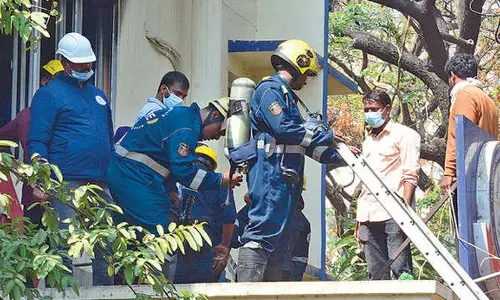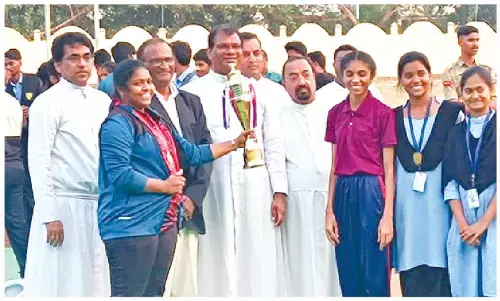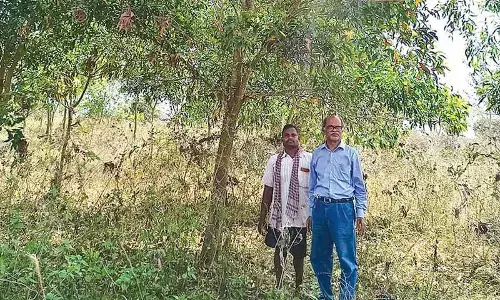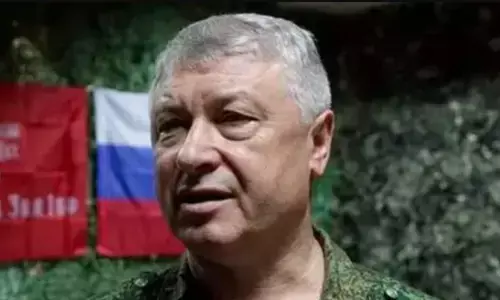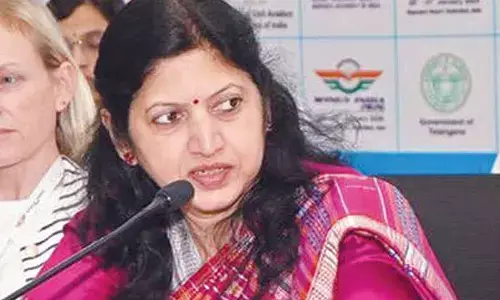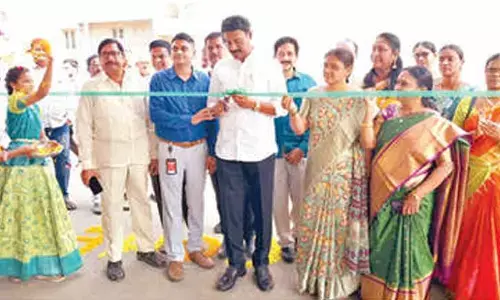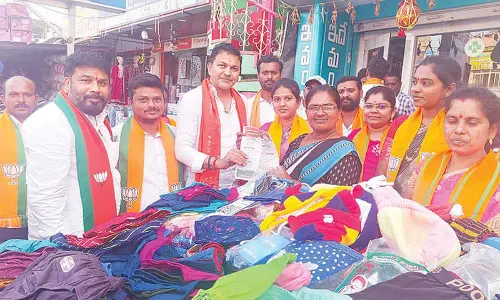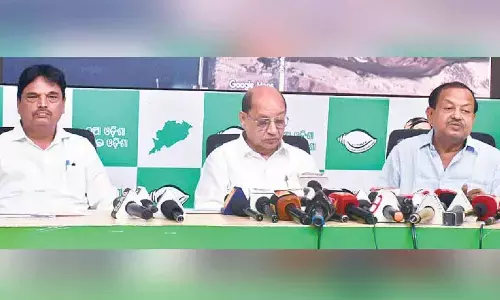Tales that reflect our humanity
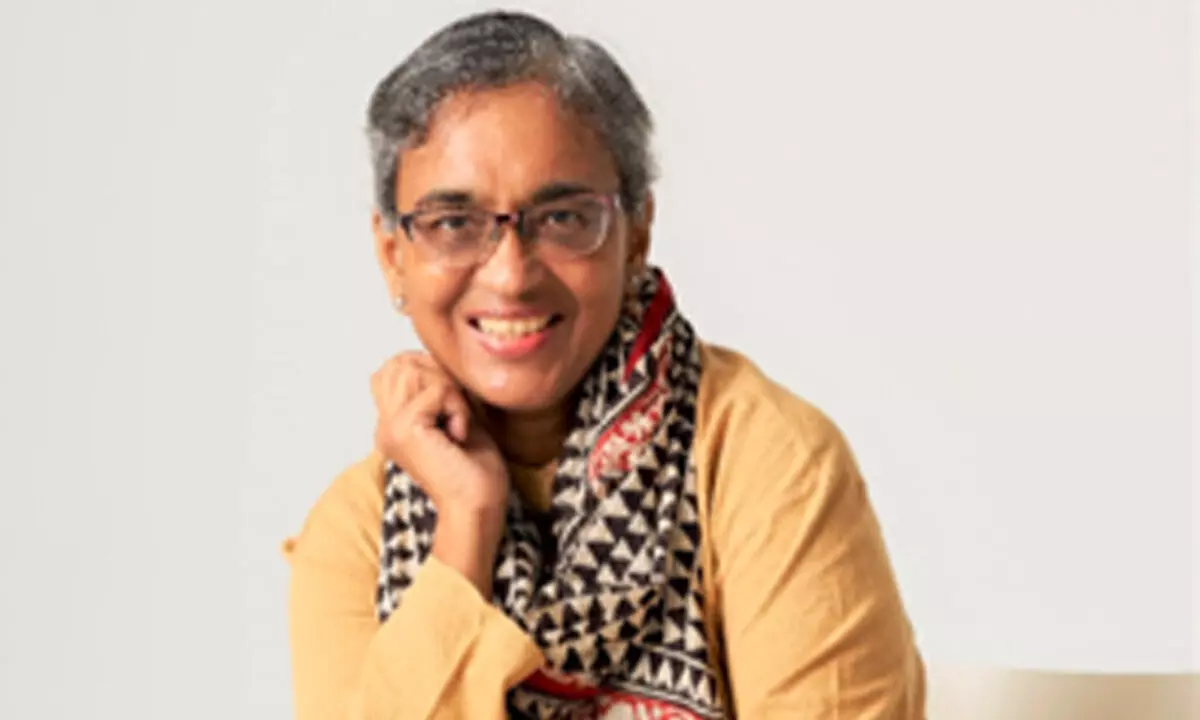
Jayanthi Sankar, an acclaimed fiction writer, delves into the human psyche in her latest novella, ‘When Will You Die?’ With multiple international awards under her belt, she continues to explore complex narratives that resonate with readers worldwide
Jayanthi Sankar is an international award-winning writer of fiction. Her fourth book, a novella titled ‘When Will You Die?,’ explores the human psyche. ‘Tabula Rasa,’ her third book and second novel, was a 2022 NYC Big Book Award ‘Distinguished Favourite’ in the category of historical fiction and received an ‘honourable mention’ in the San Francisco Book Fest Award 2022. ‘Misplaced Heads’ was on the Eyelands Book Awards 2020 final list of historical fiction in Greece, making its mark as an outstanding postmodern historical fiction. Additionally, her short story ‘Dangling Gandhi’ won the fiction category in the 2020 International Book Award-American Book Fest and also received the international Literary Titan award.
In a recent conversation, Sankar shares insights into her creative journey and the significance of her work. She reflects on what it means to be an author: “The process of writing is what mostly interests me, more than being an author, because writing helps me evolve as a human being, deepening my quests. To me, writing is living other unfamiliar lives of the fictitious characters I populate the imaginary world I create. And every time, I’m fascinated by how amazingly my characters help me understand the human psyche better, although I create them inspired by humans in my life.”
When asked about the importance of prizes and recognitions, she explains, “They certainly bring more readers’ attention to my works because we live in a world that is inevitably brand-driven. As for my workshop facilitating and mentoring, they add value to my profile, attracting enthusiasts and aspirants. When my works impress judges from other parts of the world that know nothing about my background, the recognitions naturally carry more weight. Therefore, they certainly motivate me to explore and experiment further.”
Sankar recounts a memorable encounter at an international literary festival: “I met two yet-to-be-published female writers, one young and the other a senior, in two different panels when I participated in APWT at East Coast, Australia, several years ago. The former was an ex-strip dancer, and she gave us a peep into the lives and challenges faced by women in the industry, and it was disturbing. She went into academic research to write a book. The latter, in her seventies, was a separated child during the Japanese occupation who never met any of her family. She had researched to find her roots and, in the process, decided to write her experiences as a book. She didn’t plan to write but ended up writing. I felt like I was talking to two huge books in human form.”
As the conversation shifts to emerging authors, Sankar identifies several promising names: “I know quite a few, including Natasha Sharma, author of ‘Beneath the Divided Sky;’ promisingly upcoming Aparna Salvi Nagda, author of The Labyrinth of Silence; endearingly creative Lalitha Ramanathan, the soon-to-be author; and amazing debutant SredhaneaRamkrishnan, author of ‘The Cord’. I derive a refreshing happiness along with inspiration every time I get to read their drafts.”
Finally, she discusses the narrative techniques and themes she is interested in exploring in her future writing projects: “The characters and their arcs contextually bring the creative techniques when I start the writing process. They unfold as I start talking to my characters as they evolve. I hope to craft stories based on the heartbreaking challenges and livelihoods of migrant workers, who are almost an integral part of the fabric of Singapore. I’ve been meeting them daily at work. Their lives away from family with hopes of a future are mostly complex and often depressing. Fictionalising these stories might not be like my previous works.”
Through this conversation, Sankar shares her profound insights on writing, recognition, and the inspirations that shape her narratives.








